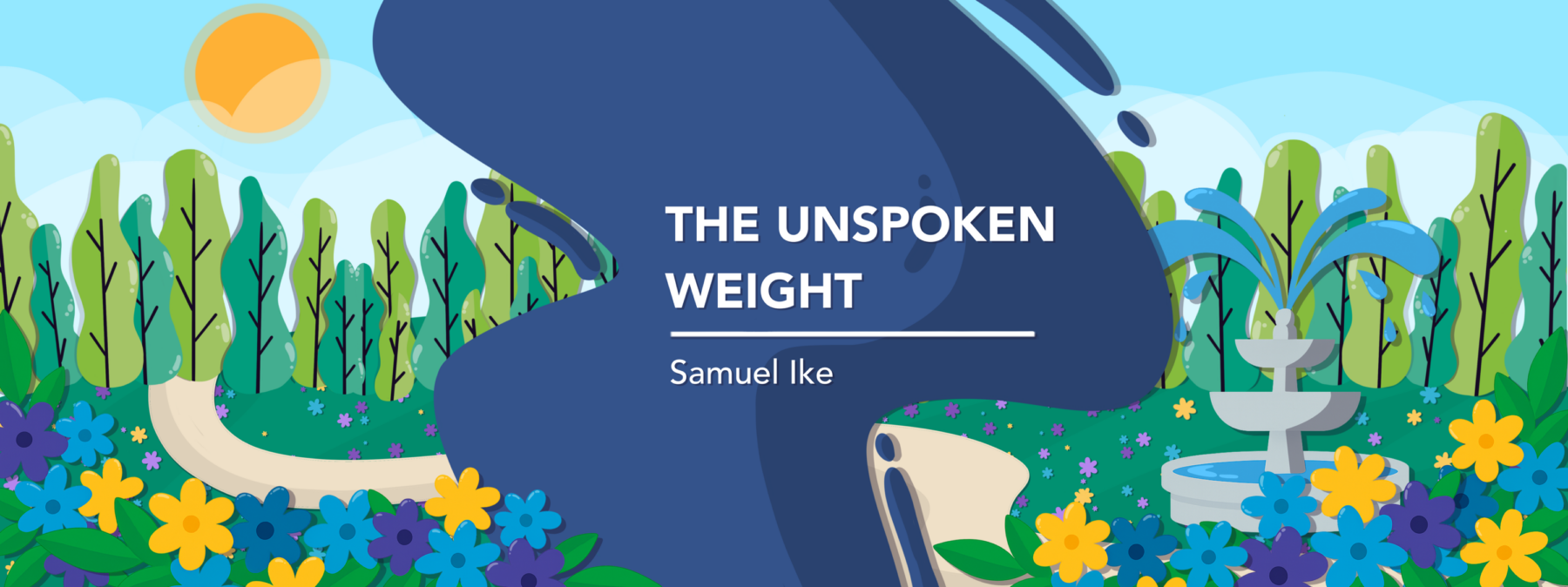Caring for someone with a rare cancer involves unique challenges
As a myeloma caregiver, I experience a lot of silence and isolation
Written by |

Last year, while I was attending a fundraiser for breast cancer, I watched several hundred people adorned in pink shirts cheering with joy and excitement as survivors crossed a finish line. I clapped my hands as well. However, my hands were feeling heavy and my heart was not full of joy.
Why? It’s simple: Myeloma doesn’t get finish lines. I haven’t seen or heard about any fundraisers for survivors of this rare type of cancer. And I should know, given that I’ve spent almost three years caring for my mum, who has the ailment.
When it comes to myeloma, there are no celebrity PSAs, no marches, no fundraisers, nothing to clap for. There’s just a scattered community of caregivers and patients who share the same secret: loneliness and burnout.
Why rare feels different
With other conditions that are more common, the world seems to create space for those suffering. Hospitals hold disease-specific support group meetings, and people show understanding when you share news about the diagnosis.
However, with a rare disease like myeloma, you become a full-time translator, explaining things to people constantly — not only in a column like this, but also in emails, text messages, and even in person.
“No, it’s not like osteosarcoma. Yes, it’s similar to leukemia, but it affects a different kind of cell. Yes, it’s terminal. No, she does not look sickly. Of course, she feels pain. Yes, she goes for scans and chemo. No, she cannot do many physical things.”
The silence that hurts most
I’m already used to dealing with the silence associated with caregiving. But there’s another kind that results from our isolation as myeloma caregivers: when our loved ones remain silent.
It’s not merely that they’re unavailable or distant; it’s the way well-meaning people reveal that they’re not comfortable around you:
- When friends slowly stop asking about my mum because “we didn’t want to remind you of what you’re going through.”
- When people say, “I had never heard of myeloma until you mentioned it to me,” as if it’s a fun fact, and not a life-altering diagnosis.
- When others comment, “At least it isn’t one of those bad cancers” — as if any cancer were “good.”
Dealing with grief is already tough enough without having to explain it.
We still have a community
Here’s how I’m finding my people as a rare cancer caregiver:
- Redefining community: Community doesn’t have to mean a crowd. On most days and nights, it’s just me, my mum, and the hospital chaplain.
- Small gestures: Even the tiniest and seemingly insignificant acts matter to caregivers. I still recall that one nurse who whispered to me during an infusion in 2023, “My father also had this.”
- Online tribes: There are lots of Facebook groups that cater to myeloma patients and caregivers. I belong to a number of them. Being a member has taught me more than any pamphlet ever could.
To any other caregivers feeling invisible, remember: Just because your loved one’s cancer doesn’t have its own awareness ribbon doesn’t mean you are failing at advocacy. And you don’t owe anyone an explanation or education if they don’t show you basic compassion.
What do you do when you feel like the world is loud with other people’s stories? Remind yourself that the fights you undergo in silence matter just as much.
Note: Rare Cancer News is strictly a news and information website about the disease. It does not provide medical advice, diagnosis, or treatment. This content is not intended to be a substitute for professional medical advice, diagnosis, or treatment. Always seek the advice of your physician or other qualified health provider with any questions you may have regarding a medical condition. Never disregard professional medical advice or delay in seeking it because of something you have read on this website. The opinions expressed in this column are not those of Rare Cancer News or its parent company, Bionews, and are intended to spark discussion about issues pertaining to rare cancer.



Jen Palmtag
Thank you for your article. I am caring for my partner Andy. He was diagnosed Aug 2023. He (we) have been through a lot. I do feel like people have forgotten he has cancer sometimes. He looks ok. He doesn’t look sick. I am in an online myeloma group which helps me. He just doesn’t really want to know much, so I keep things to myself. I pray a lot. Thanks